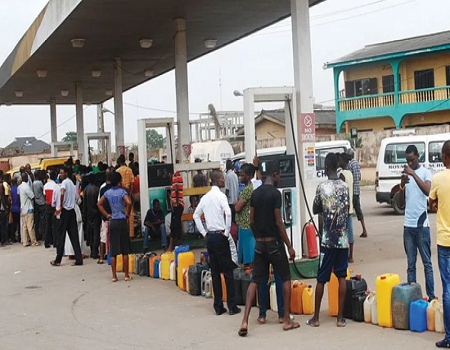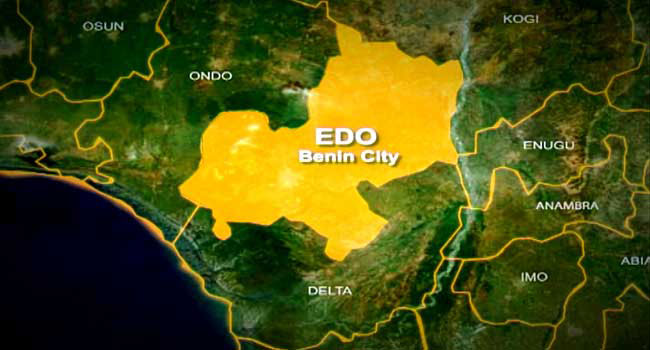The Independent Petroleum Marketers Association of Nigeria (IPMAN) says its members can no longer sell premium motor spirit (PMS) at the regulated price due to a “hostile” business environment.
Through petrol subsidy, the government fixed the price of petrol for consumers below the international price.
Last week, the southwest zone of IPMAN threatened to direct its members to sell petrol at N180 per litre.
Confirming the development, Akin Akinrinade, chairman, Lagos satellite depot, in a media briefing in Lagos on Monday, said its members can no longer dispense petrol at filling stations below N180 per litre.
“Our members can no longer sell at N165. In fact, there is no reasonable businessman in this business that can sell below N180 per litre,” he said.
He said members of IPMAN shut down their stations “not because we are striking”.
“We are not on strike rather the business environment has been very hostile to us such that we can no longer do business under this condition,” he said.
“For you to load a litre of petrol, you will pay N162 per litre. You will have to add the cost of transportation which is between N6 to N8, depending on the distance within Lagos. If it is outside Lagos, it is much more than that.
“So, If you add N8 to N162, you already have N170 and this product is regulated by the government and the government wants us to sell at N165. We have not added the charges at the depots and the running cost at our stations.”
He added that the cost of diesel amid the country’s epileptic electricity supply situation also affected its members’ running costs.
“You know what diesel says now, and you know how epileptic power supply is, we run on generators using diesel at N800 per litre,” he said.
“There is no station in Lagos or anywhere that uses less than 50 litres per day.”
Queues for petrol resurfaced in Lagos on Monday days after scarcity surfaced in Ibadan, Oyo state.
TheCable had reported that petrol scarcity would continue as available statistics showed the country is experiencing extreme low crude oil production.







